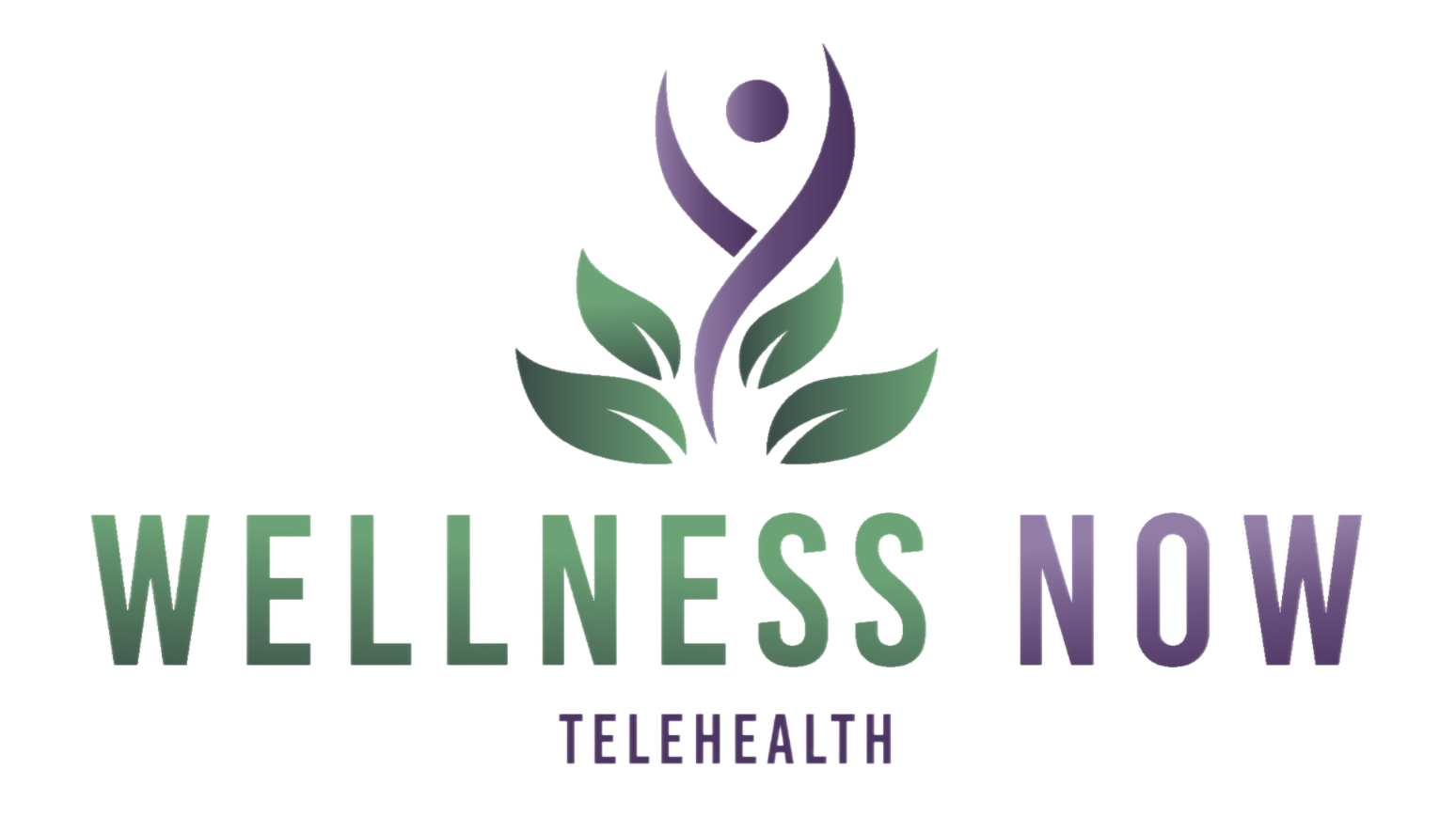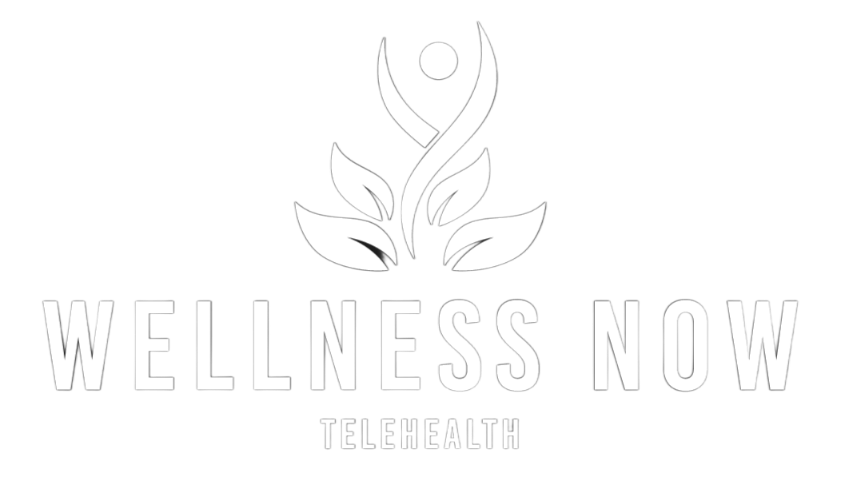Understanding Allergies: Causes, Symptoms and How to Find Relief
As beautiful as springtime can be, it often marks the beginning of allergy season for millions of people. If you're one of them, you know how frustrating constant sneezing, itchy eyes, and nasal congestion can be. But allergies aren’t limited to just pollen, they can be caused by a wide range of triggers year-round. Let's break down what allergies are, how they affect your body, and what you can do to manage them.
What Are Allergies?
Allergies occur when your immune system reacts to a substance (called an allergen) that is typically harmless to most people. Common allergens include:
- Pollen (trees, grasses, weeds)
- Dust mites
- Pet dander
- Mold spores
- Foods (like nuts, shellfish, dairy)
- Insect stings
- Medications
Your body treats these allergens as threats and releases chemicals like histamine, which cause the classic allergy symptoms.
Common Allergy Symptoms
Depending on the trigger and how your body reacts, symptoms can vary. Some of the most common include:
- Sneezing and runny nose
- Nasal congestion
- Itchy, watery eyes
- Scratchy throat
- Cough
- Skin rashes or hives
- In more severe cases: swelling, difficulty breathing, or anaphylaxis
Seasonal vs. Year-Round Allergies
Seasonal allergies, often called hay fever or allergic rhinitis, are typically triggered by pollen and occur during specific times of the year, mainly spring and fall.
Perennial allergies are year-round and usually caused by indoor allergens like dust, mold, or pet dander.
Understanding the type of allergy, you have is key to managing it effectively.
Allergy Management and Treatment
While there’s no permanent cure for allergies, there are several ways to reduce symptoms and improve your quality of life:
1. Avoid Triggers
- Keep windows closed during high pollen days.
- Use air purifiers at home.
- Wash bedding frequently in hot water.
- Bathe pets regularly.
2. Over-the-Counter Relief
- Antihistamines (e.g. loratadine, cetirizine) for sneezing and itching
- Nasal corticosteroids (e.g. fluticasone) to reduce inflammation
- Decongestants for temporary relief of nasal stuffiness
- Eye drops for itchy or red eyes
Always check with your healthcare provider before starting any new medication, especially if you’re taking other prescriptions or managing chronic conditions.
3. Prescription Options
If over-the-counter options aren’t enough, your provider might recommend prescription-strength antihistamines, steroid sprays, or allergy shots (immunotherapy) for long-term relief.
When to See a Provider
If your symptoms persist, worsen, or interfere with your daily life, it’s a good idea to consult with a healthcare professional. Chronic allergies can lead to sinus infections, sleep disturbances, and even asthma flare-ups if not properly managed.
We're Here to Help
At Wellness NOW, we offer allergy consultations, personalized medication recommendations, and expert advice to help you find the best solution for your symptoms. Whether it’s choosing the right OTC allergy relief or exploring prescription options, our team is here for you.
Schedule an appointment online at https://www.wellnessnowhealth.com/

